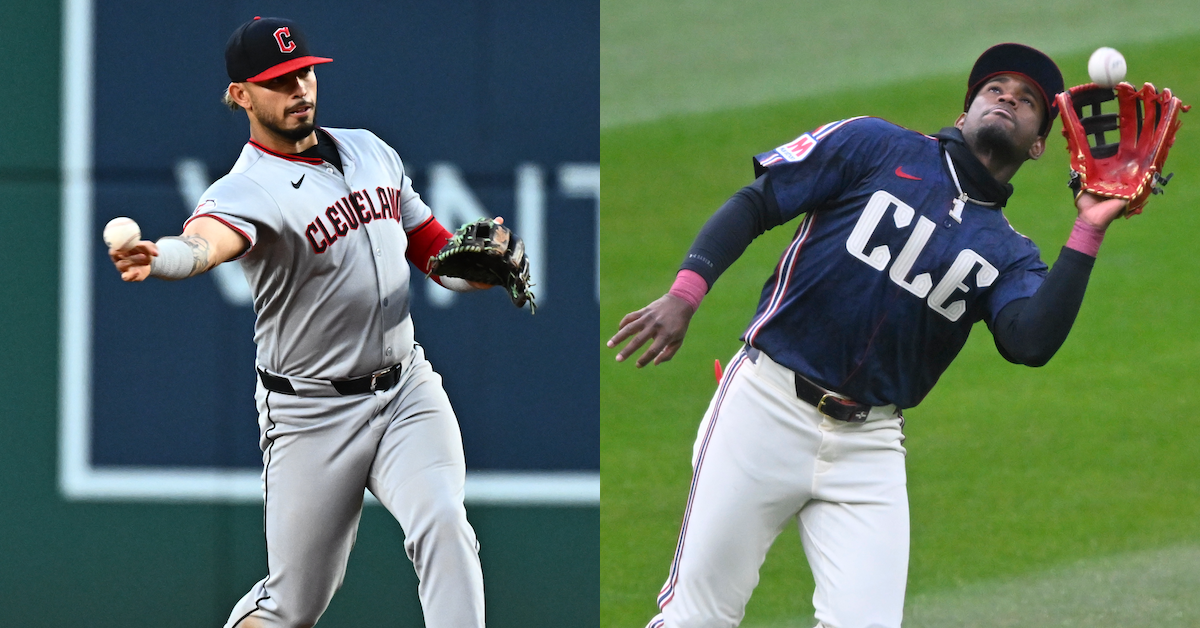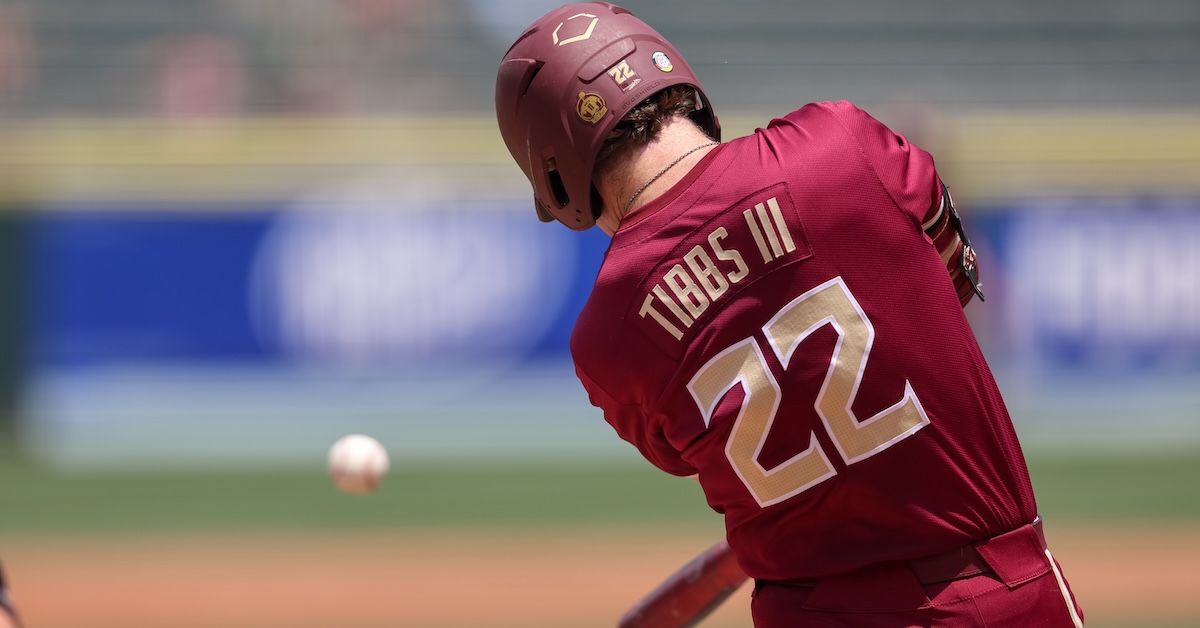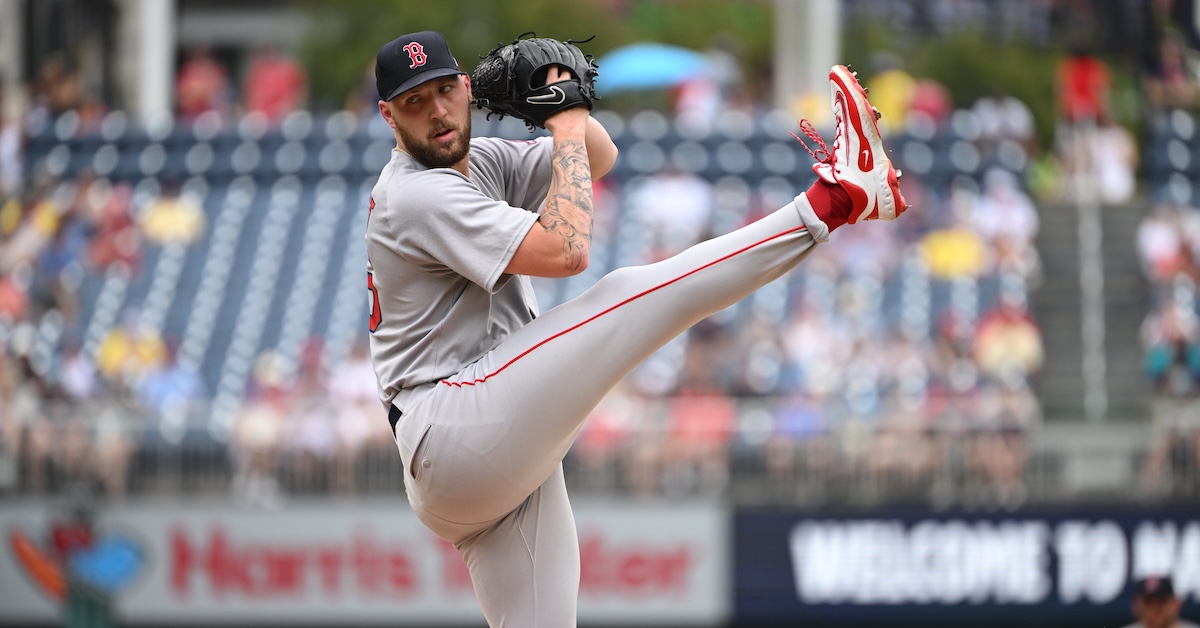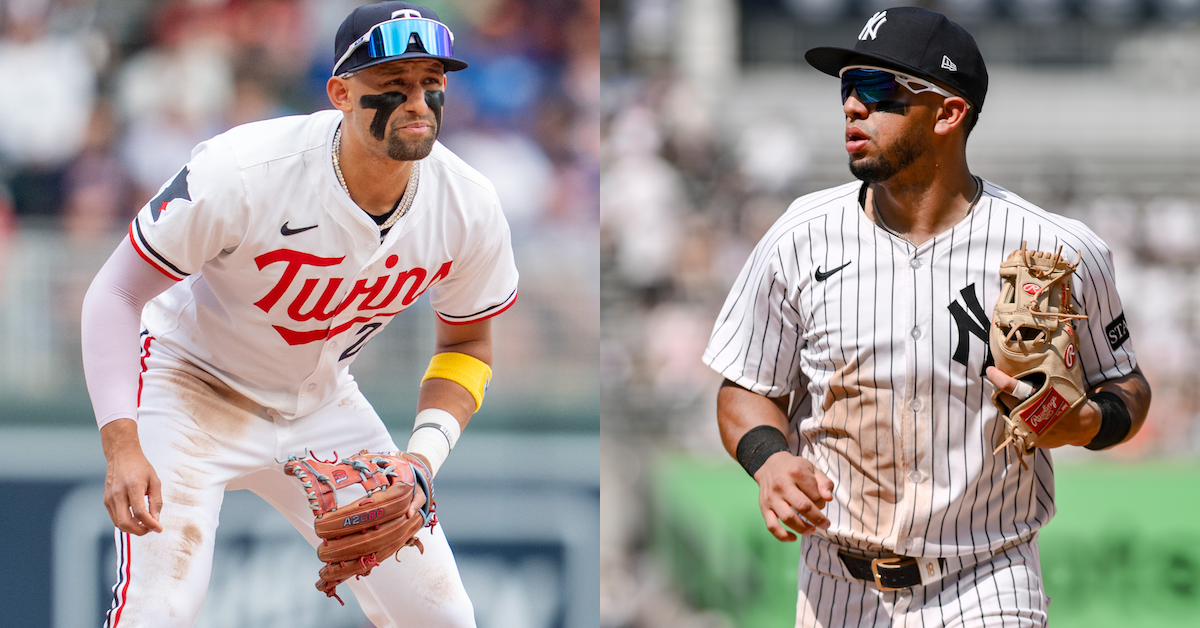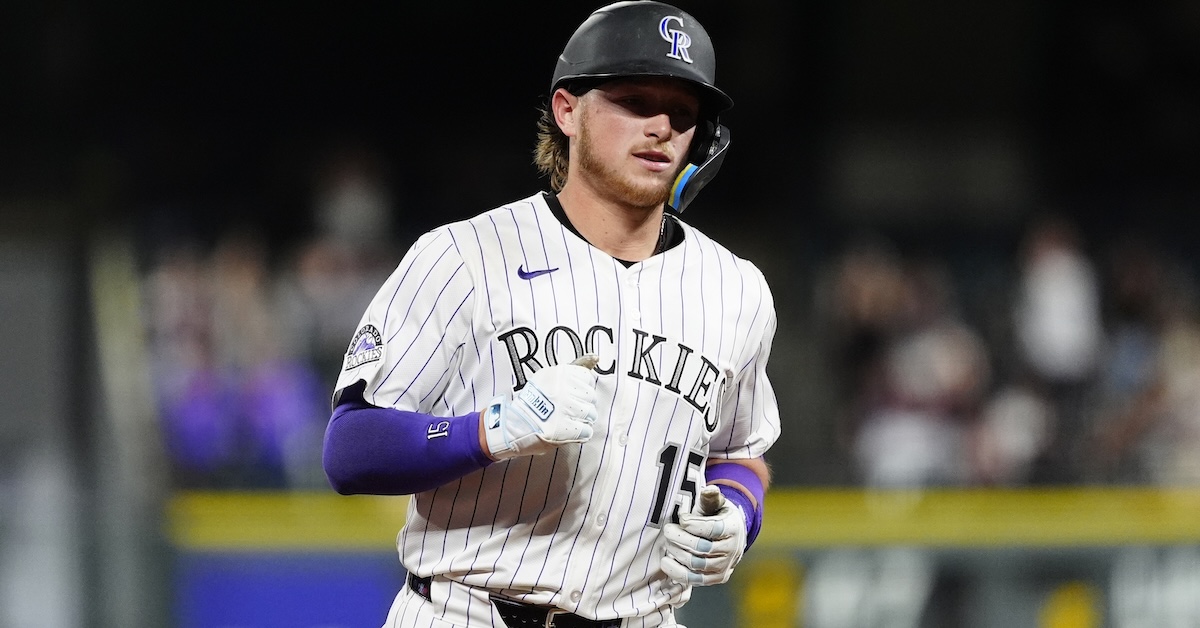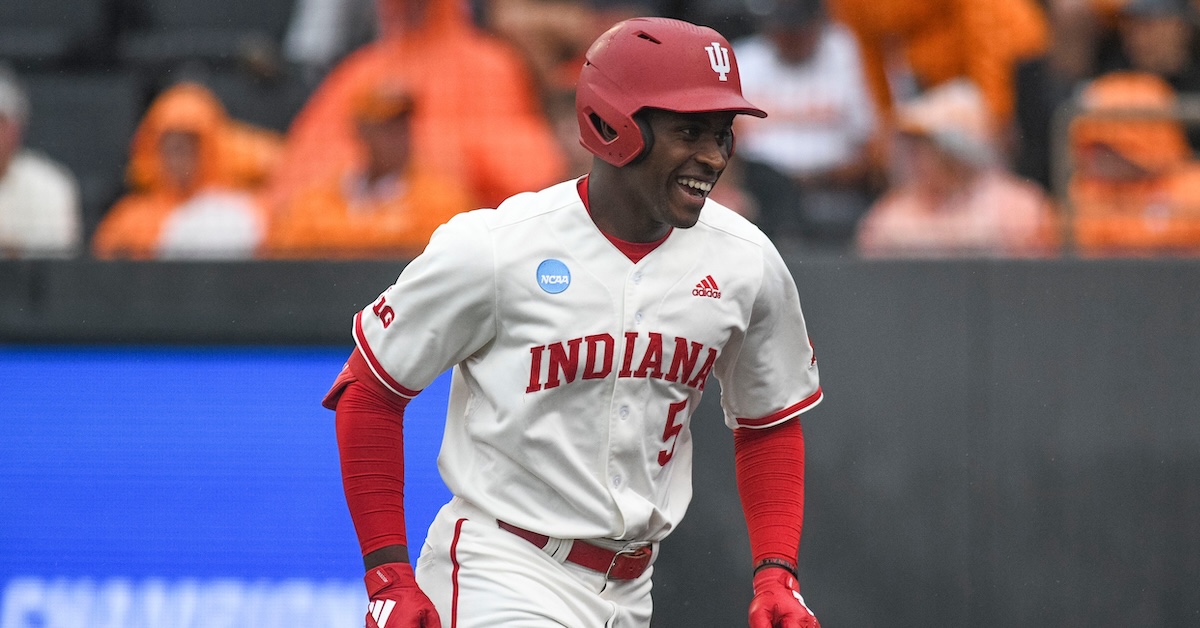Effectively Wild Episode 2349: Swing-Off, Derby, and Draft

Ben Lindbergh, Meg Rowley, and FanGraphs lead prospect analyst Eric Longenhagen discuss the lows and highs of the Home Run Derby and the All-Star Game and swing-off, plus banter about beef boys, Blooper, kissing, and the timing of the All-Star break, then (1:03:40) recap the amateur draft, touching on the selection of Eli Willits first overall, first-round risers/fallers, teams that had the best drafts, the latest Holliday (Ethan), the Twins’ extremely tall pitcher Jason Reitz, Boston’s Marcus Phillips pick, and the predictability of the draft vs. international signings.
Audio intro: Tom Rhoads, “Effectively Wild Theme”
Audio outro: Austin Klewan, “Effectively Wild Theme”
Link to Derby formats
Link to Derby formats piece
Link to Cal’s plunking
Link to Derby robbery
Link to one-inch difference
Link to Cal/Skubal mic’d up
Link to Schwarbombs
Link to Posnanski on the ASG
Link to Passan on the swing-off
Link to swing-off surprise report
Link to the Miz ASG story
Link to ABS piece 1
Link to ABS piece 2
Link to Scully’s Aaron call
Link to Aaron tribute
Link to Roberts sidestep
Link to beef boy story
Link to Sam on the Dumper
Link to Meg’s Blooper selfie
Link to Mr. Met video
Link to Vinnie/Cags kiss
Link to Sheehan on the ASB
Link to Olympics timing
Link to Eric’s mock
Link to Eric’s ranking
Link to Eric’s recap
Link to Bremner article
Link to Reitz Reddit post
Link to Down on the Farm study
![]() Sponsor Us on Patreon
Sponsor Us on Patreon
![]() Give a Gift Subscription
Give a Gift Subscription
![]() Email Us: podcast@fangraphs.com
Email Us: podcast@fangraphs.com
![]() Effectively Wild Subreddit
Effectively Wild Subreddit
![]() Effectively Wild Wiki
Effectively Wild Wiki
![]() Apple Podcasts Feed
Apple Podcasts Feed
![]() Spotify Feed
Spotify Feed
![]() YouTube Playlist
YouTube Playlist
![]() Facebook Group
Facebook Group
![]() Bluesky Account
Bluesky Account
![]() Twitter Account
Twitter Account
![]() Get Our Merch!
Get Our Merch!
Podcast (effectively-wild): Play in new window | Download
Subscribe: RSS

